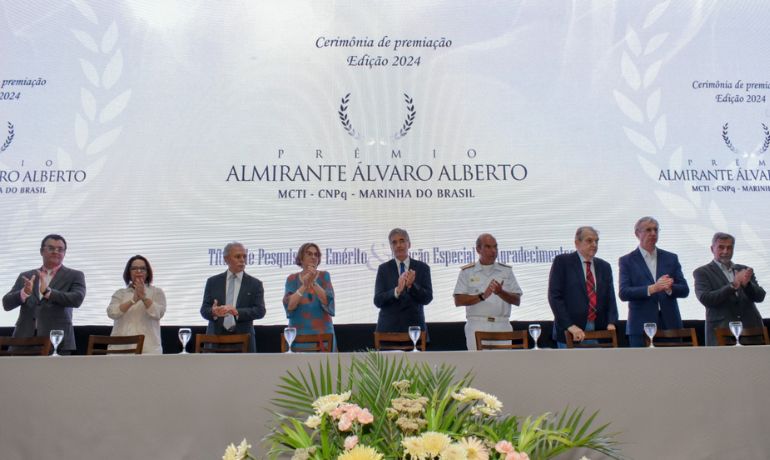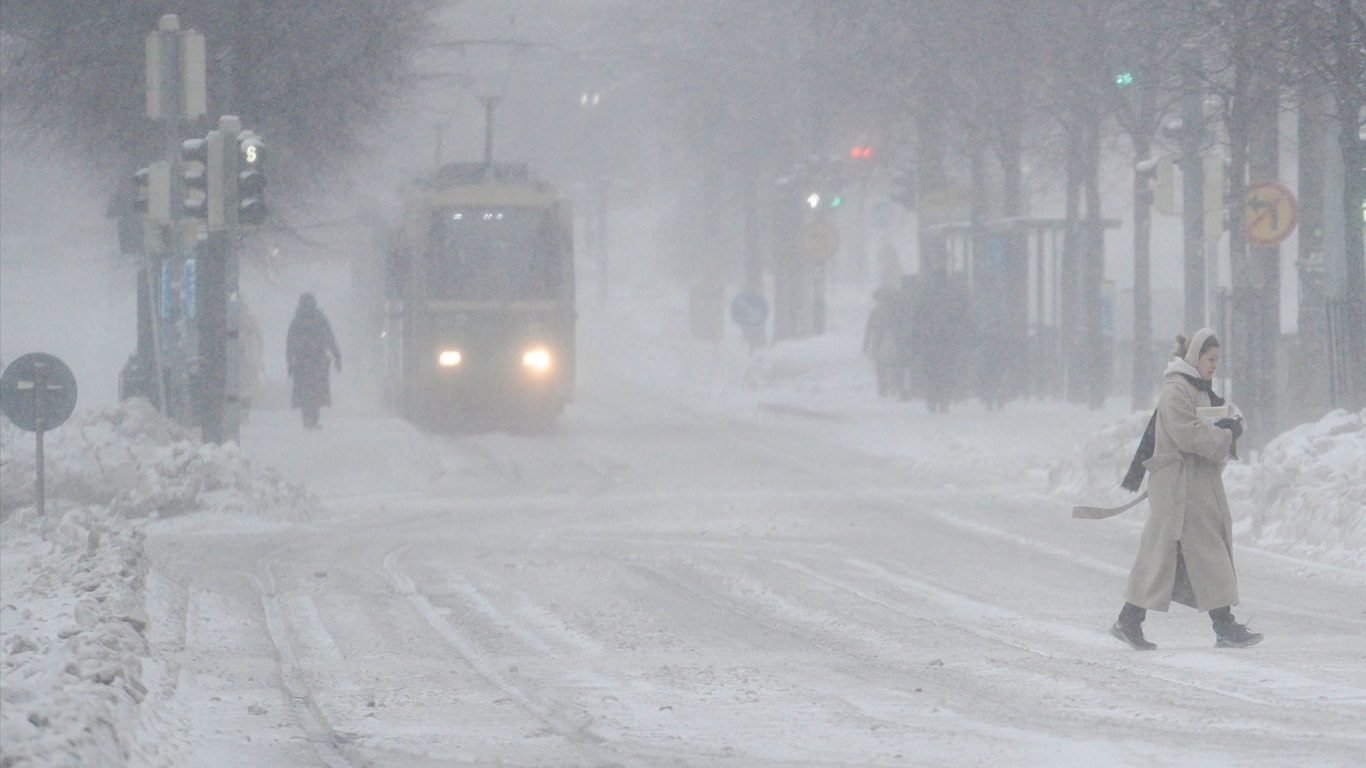Mannerheimenti Street is covered in snow and ice in Helsinki, Finland, on Friday with temperatures reaching minus 20 degrees Celsius | Alessandro Rampazzo/Anadolu/AFP/Metsol Meteorological
Sweden and Finland recorded the lowest temperatures recorded in both countries this century. According to data from official weather stations from the national meteorological services of both countries, the temperature dropped to minus 44.3 degrees Celsius in Inontikio (Finland) and minus 43.8 degrees Celsius in Naimaka (Sweden).
The lowest temperatures this century in Scandinavia are -44.3°C in Inontikio (Finland) in 2024; -44.0 °C in Storbo (Sweden) in 2001; -43.9°C in Dryvso (Norway) in 2001; -43.8 °C Naymaka (Sweden) in 2024; -43.6°C in Kvikkjokk-Årrenjarka (Sweden) in 2024; and in Inari and Kittila (Finland) in 2006.
In Helsinki, the capital of Finland, temperatures reached minus 16 degrees Celsius on Thursday night. According to the Finnish Meteorological Institute, the winds caused the temperature to reach around minus 25 degrees Celsius in the city.
The cold week reignited an old and puzzling question about climate and weather: Wasn't the climate supposed to get warmer? “I receive messages on social media saying that climate change does not exist,” said Kirto Kottakorpi, a Finnish meteorologist at the Finnish Meteorological Service.
On Friday, electricity prices in Finland reached record levels. At night, electricity costs €2.35 per kilowatt-hour, including VAT. Freezing temperatures have pushed electricity consumption to near-record levels, and on Thursday, national grid company Fingrid asked Finns to ration their use of light.
The Finnish Meteorological Institute answered whether such extreme cold spells are becoming rarer as the climate warms. The meteorologists' answer was short: yes. Finland is warming twice as fast as the global average, as human-caused greenhouse gas emissions warm the planet.
“If you think of global warming as a phenomenon, it specifically means that the climate is warming. The Intergovernmental Panel on Climate Change (IPCC) reports that extreme heat is increasing and cold is decreasing,” said Mika Rantanen, a researcher at the Finnish Meteorological Institute. He stressed that “these extreme cold events, if we can call them that, are becoming rarer.”
The same was said by Jonas Merikanto, senior researcher at the Finnish Meteorological Institute. “Climate change is causing hot periods in the summer to increase and cold periods to decrease in the winter. This is a trend,” he noted.
MetSul Meteorologia is available on WhatsApp channels. subscription here To access the channel in the messaging app and receive forecasts, alerts and information about the most important weather and climate events in Brazil and around the world, with exclusive data and information from our team of meteorologists.

“Music fanatic. Professional problem solver. Reader. Award-winning tv ninja.”







More Stories
Chinese CEO says she’s not responsible for employees’ well-being: ‘I’m not your mother’
4 common sayings you’ve always heard, but you’re probably saying wrong
Machado says electoral fraud could cause a major wave of migration